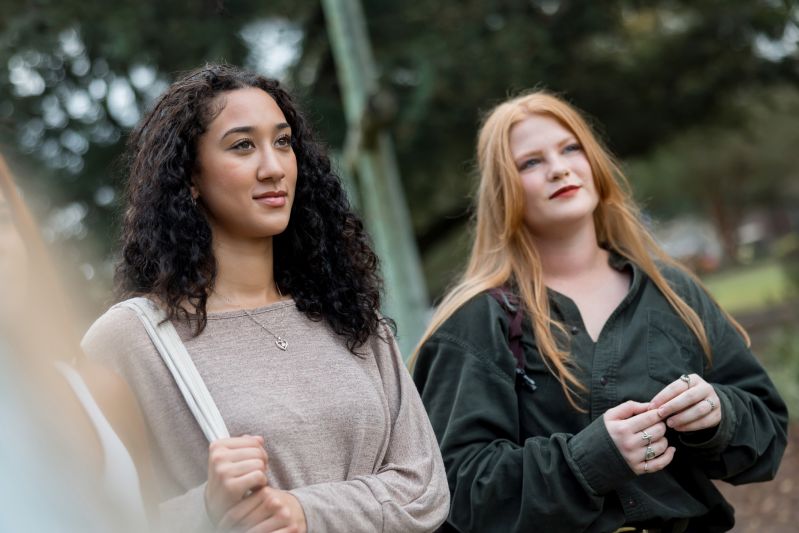Explore Social Work and Child Advocacy Programs Born From Our Call To Serve.
Explore what it means to put the Christian mission to care for “the least of these” into practice. The Department of Social Work empowers you to advocate for the most vulnerable in society by providing a foundation for critical analysis and development of dynamic solutions for personal and cultural problems. Classroom instruction, field placements, and community engagement provide you the tools to address complex social issues and support those in need. An emphasis on ethical practice, cultural competency, and social justice permeates each program, empowering you to be a faithful advocate and create meaningful change in society.

The Bachelor of Social Work program is accredited by the Council on Social Work Education’s Board of Accreditation. Accreditation of a baccalaureate or master’s social work program by the Council on Social Work Education’s Board of Accreditation indicates that it meets or exceeds criteria for the assessment of program quality evaluated through a peer review process. Accreditation applies to all program sites and program delivery methods of an accredited program. Accreditation provides reasonable assurance about the quality of the program and the competence of students graduating from the program.

Featured Courses
Human Diversity & Social Justice
This course examines aspects of human diversity and the need for social justice on all levels of social work practice. Because social workers often work with people vulnerable to oppression and discrimination, they also must understand strategies that promote political, economic and social justice.
Social Welfare Policy & Programs
Examine the current social policy system of the U.S. Emphasis is placed on various models of social policy analysis, the political and economic processes affecting policy development and program implementation, and implications for social work practice.
Guardian Ad Litem
In this experiential learning course, you will work with law students assigned cases through the Mississippi College School of Law. You’ll accompany your assigned “law partner” to court hearings and on home visits to the family members in the case. Participation in the project also requires attendance in periodic informational seminars.





